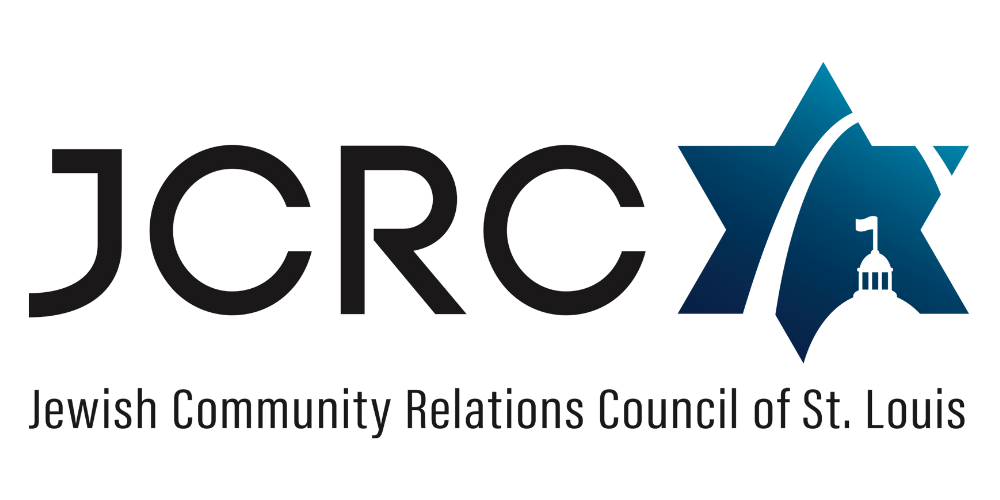April 2014 Hunger
This resolution was passed unanimously by the JCRC Council on April 8, 2014
Jewish tradition teaches us that we must feed the hungry. The Haggadah, the story of our people’s journey from slavery to freedom, enjoins us to open our doors and “[l]et all who are hungry come and eat; let all who are in need come share our Passover.”
Hunger is a problem that affects people of all ages, but is a particularly devastating problem for children and the elderly. Those who are hungry are not productive learners or workers in our society. Hunger and food insufficiency reduce productivity, increase costly absenteeism and illness and diminishes our Gross Domestic Product (GDP). Child hunger is a shameful condition in our society with negative implications far beyond the day to day impact. For the frail elderly, malnutrition contributes to the onset of debilitating illness that can lead to a need for institutionalized care.
In our present economic crisis, food pantries are reporting vastly increased demand this year and critically inadequate supplies. The Harvey Kornblum Jewish Food Pantry, a program of Jewish Family & Children’s Service, is currently feeding between 7,000 – 8,100 people each month, an increase of over 40% since the middle of 2013. No one should have to choose between purchasing adequate food and purchasing medicine or maintaining a roof over their heads.
There are numerous effective federal nutrition programs designed to alleviate domestic hunger. These are necessary as food pantries and other charities are unable to meet the needs of those suffering from food insecurity.
Many myths are propounded about those who receive federal food assistance, e.g. the Supplemental Nutrition Assistance Program (SNAP), formerly known as food stamps. These myths include that fraud and waste is rampant in the food stamp program and that those receiving food stamps are lazy and just want a handout. In fact, SNAP has one of the most rigorous quality control systems of any public benefits program and fraud and abuse is very low. In addition, approximately 40 % of households that receive food stamps have at least one working person. Many food stamp recipients are people working at low wage jobs who still cannot make ends meet even though they receive a paycheck.
Therefore the Jewish Community Relations Council (JCRC) calls upon the federal government to:
• Significantly strengthen and expand the federal nutrition assistance programs at a level that will move over 36 million Americans, including well over 12.6 million children, out of food insecurity and stimulate economic growth across the country.
• Respond to periods of economic crisis by temporarily boosting individual benefits as well as state support to prevent cuts in vital support systems. In addition to improved access, we call upon the federal government to increase funding for assistance programs in order to improve the nutritional quality of meals in a time of rising food costs.
The Jewish Community Relations Council (JCRC) should:
1. Educate the Jewish community and public officials on hunger and food insufficiency needs and solutions while addressing myths about those who receive assistance.
2. Urge the federal administration and Congress to take action to alleviate food insufficiency and, where appropriate, urge the Missouri Legislature to fully implement relevant programs.
3. Participate in coalitions with other local, state, and national faith, community, humanitarian, and non-governmental organizations.
4. Engage political and community leaders to work towards alleviation of hunger and food insufficiency through education, service and advocacy.

